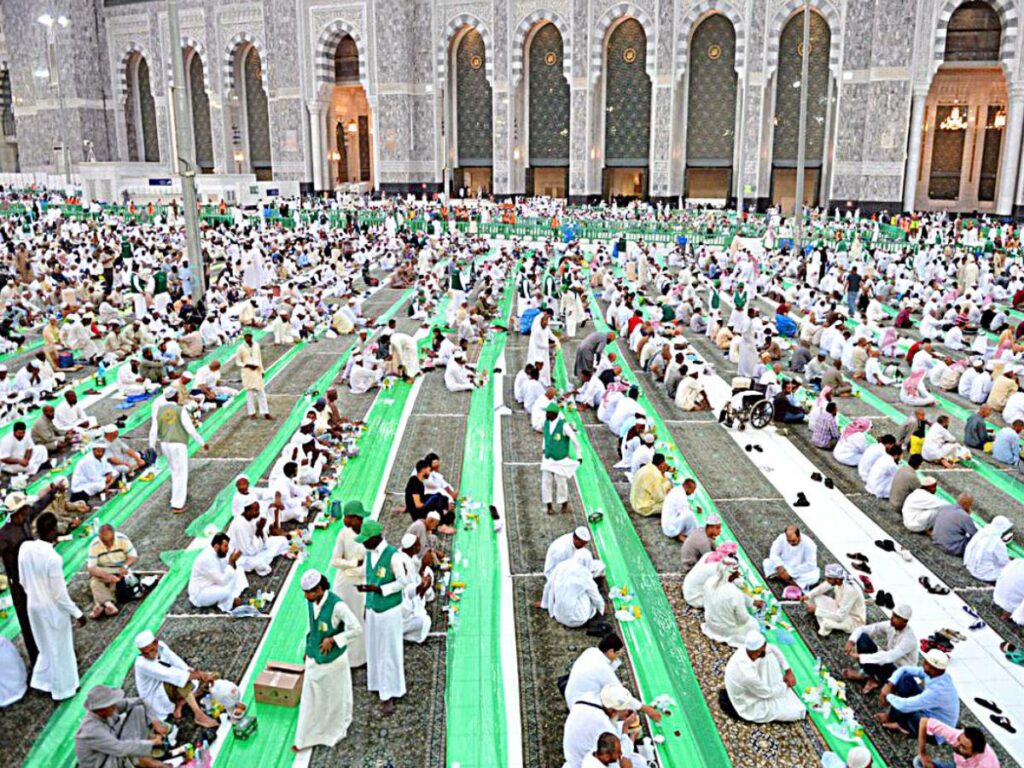History and Origin
Ramazan holds historical importance within Islamic culture, as it is the name of the holy month of fasting (Ramadan). The name has been used for centuries in Muslim-majority regions and has spread to other cultures with Islamic influence. Its usage reflects the profound reverence for religious traditions and observances.
Usage and Popularity
Muslim-majority Countries: Ramazan is a common name in countries with significant Muslim populations, including Turkey, Pakistan, and parts of the Middle East. Its usage reflects the cultural and religious importance of Ramadan in these regions.
Turkey
In Turkey, Ramazan is a widely used name, particularly among individuals born during the month of Ramadan or with a connection to Islamic traditions. It has maintained popularity over the years, reflecting its deep-rooted significance.
Notable Namesakes
- Ramazan Özçelik: A Turkish footballer known for his career in various Turkish football clubs.
- Ramazan Şahin: A Turkish wrestler who has competed in international wrestling tournaments and won medals for Turkey.
Name Day
In Islamic culture, the name Ramazan does not have a specific name day. However, Muslims around the world celebrate the beginning and end of the holy month of Ramadan with prayers, fasting, and charitable acts, which serve as occasions of spiritual significance.
Interesting and Fun Facts
Holy Month
Ramazan is the name of the ninth month in the Islamic lunar calendar, during which Muslims fast from dawn until sunset as an act of worship and reflection.
Global Observance
Ramadan/Ramazan is observed by Muslims worldwide, regardless of nationality or cultural background, emphasizing its universal significance.
Community Spirit
During Ramadan/Ramazan, communities come together for special prayers, shared meals (iftar), and acts of charity, fostering a sense of unity and solidarity.
What does the name Ramazan mean?
The name Ramazan is derived from the Arabic word “رَمَضَان” (Ramaḍān), which refers to the holy month of fasting observed by Muslims worldwide. It symbolizes devotion, spirituality, and self-discipline.
Is Ramazan a common name?
Yes, Ramazan is a common name, particularly in Muslim-majority countries and regions influenced by Islamic culture. Its usage reflects the reverence for the religious traditions associated with Ramadan.
What is the origin of the name Ramazan?
The name Ramazan originates from Arabic, specifically from the word “رَمَضَان” (Ramaḍān), which refers to the ninth month of the Islamic lunar calendar.
Why is the name Ramazan significant?
The name Ramazan holds significant religious and cultural importance as it is associated with the holy month of Ramadan/Ramazan, a period of fasting, prayer, and spiritual reflection for Muslims worldwide.
Who typically bears the name Ramazan?
Individuals named Ramazan are often born during the month of Ramadan/Ramazan or have a connection to Islamic traditions and values. The name is commonly given to boys in Muslim families.
Is Ramazan a traditional name in Turkey?
Yes, Ramazan is a traditional and widely used name in Turkey, reflecting the country’s strong Islamic heritage and cultural ties to Ramadan/Ramazan observances.
Are there variations of the name Ramazan?
Variations of the name Ramazan include Ramzan (used in South Asia) and Ramadan (commonly used in English-speaking countries).
Does Ramazan have a specific name day?
In Islamic culture, the name Ramazan does not have a specific name day. However, Muslims celebrate the beginning and end of the holy month of Ramadan/Ramazan with special prayers and festivities.
What cultural traditions are associated with the name Ramazan?
Cultural traditions associated with the name Ramazan include fasting from dawn to sunset, increased acts of charity and kindness, special prayers (Taraweeh), and communal gatherings for iftar (breaking the fast).
Is Ramazan a name with historical significance?
Yes, Ramazan is a name with deep historical significance within Islamic culture, reflecting the enduring traditions and observances of the holy month of Ramadan/Ramazan.
- Aurobindo Name Meaning and Origin - July 1, 2024
- Ashok Name Meaning and Origin - June 29, 2024
- Arun Name Meaning and Origin - June 29, 2024
